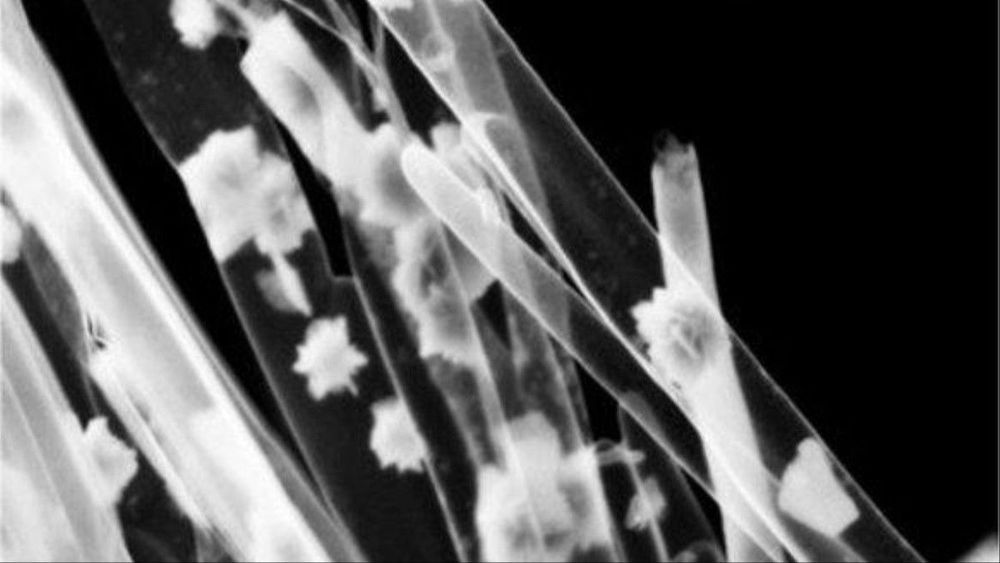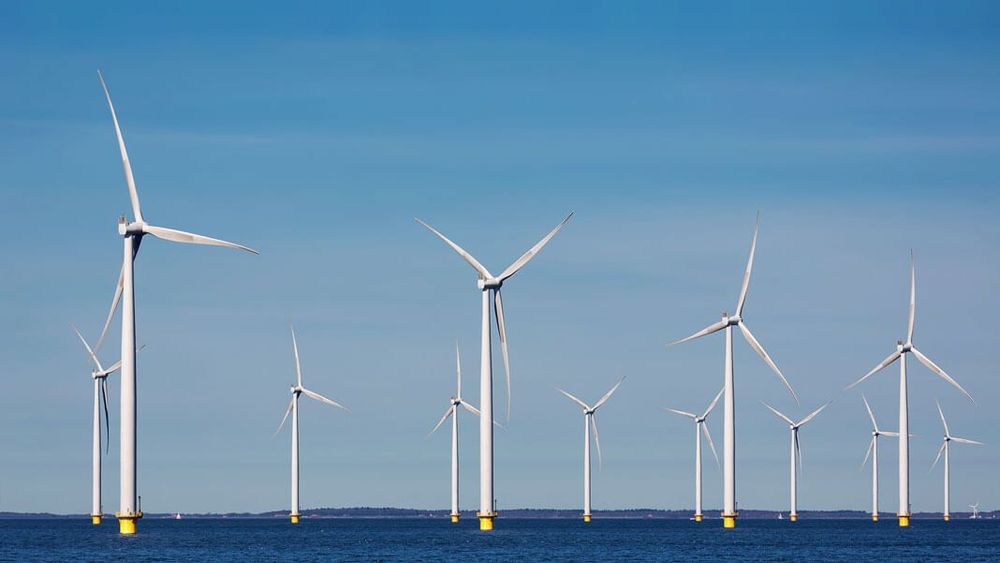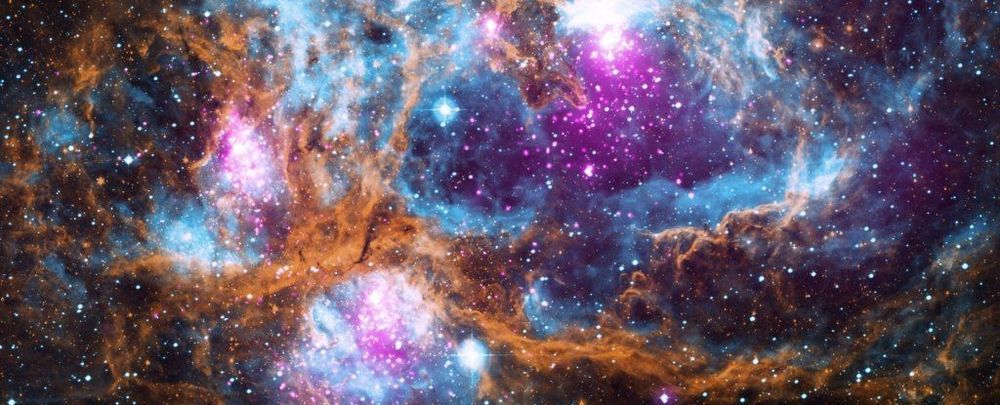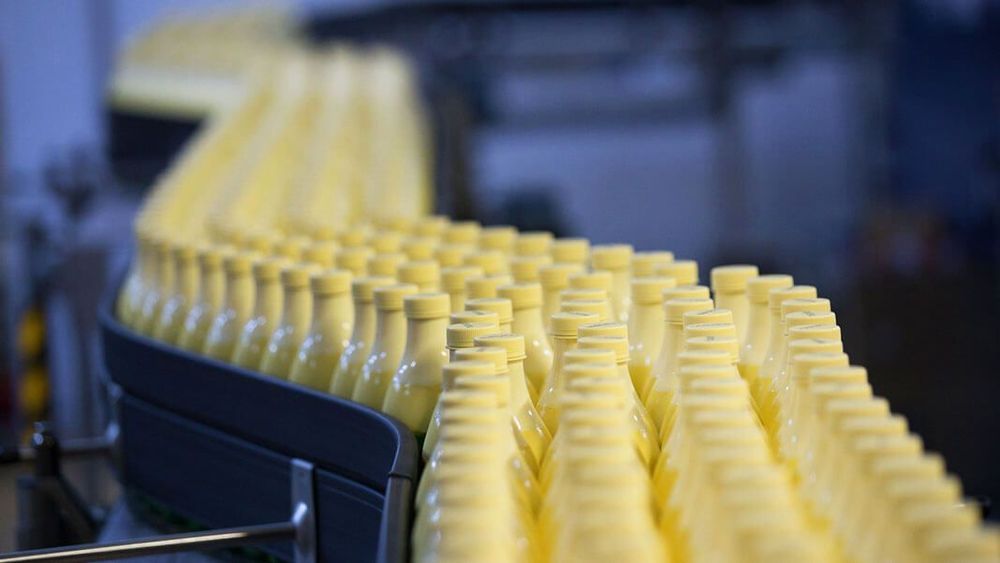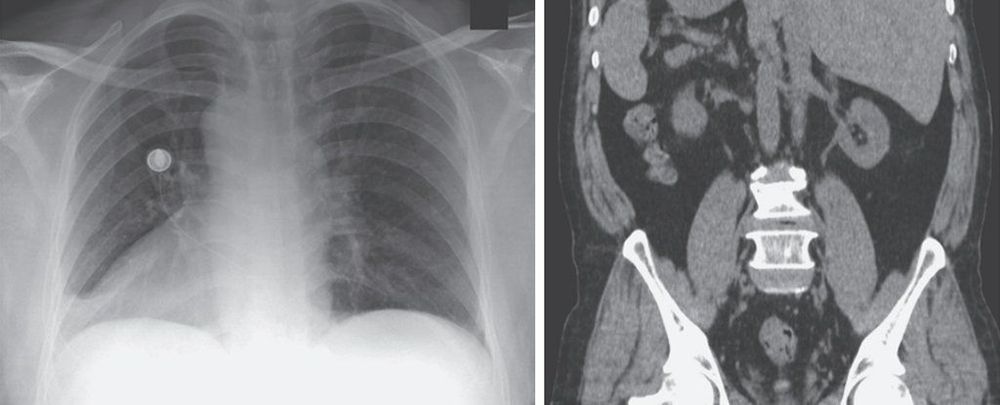Oil spill cleanup technology is a surprisingly innovative field—we learned as much in the wake of the BP Gulf disaster, when everyone from conservation biologists to barbers to Kevin Costner rushed to sell the government on their wild, sometimes literally hairy oil-sucking solutions. We had rubber goop that turned oil solid, massive bags of hair, and MIT’s previous entry into the cleanup fray, robotic oil-eating submarines.
But now the renowned science lab has a better idea: nano-magnets.
MIT researchers have developed a new technique for magnetically separating oil and water that could be used to clean up oil spills. They believe that, with their technique, the oil could be recovered for use, offsetting much of the cost of cleanup.
